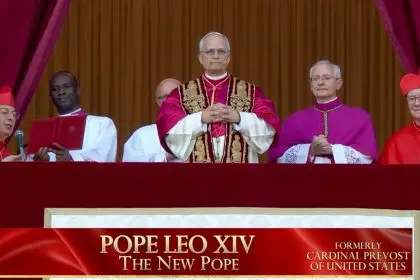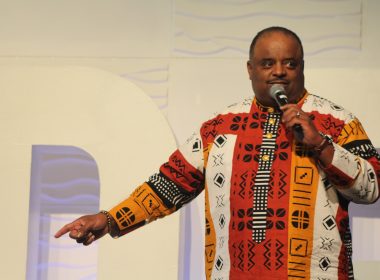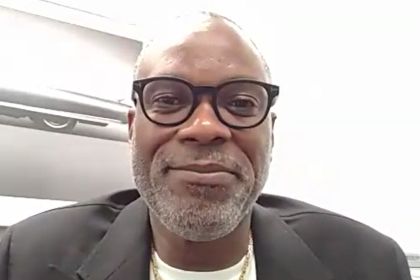Recent research conducted by Rice University, the University of South Carolina, and Purdue University has unveiled intriguing insights into how religion influences the interest of Black Americans in life-extending technologies. This study highlights a significant contrast between the motivations of Black Americans and their white counterparts, revealing a community-centered approach among the former versus an individualistic perspective among the latter.
The role of religion in life extension
According to the findings, Black Americans are more likely to view life-extending technologies through the lens of community and collective well-being, while white Americans often approach these technologies with a focus on personal gain. Elaine Howard Ecklund, the principal investigator of the study and a professor of sociology at Rice University, emphasizes that various factors contribute to this unique perspective among Black individuals.
Community-centered motivations
Jacqui Frost, the lead author of the study and an assistant professor of sociology at Purdue University, notes that there are differing levels of suspicion regarding life extension between Black and white Americans. She states, “For instance, Black Americans’ belief in the compatibility of science and religion appears to bolster their support for life extension more than it does among white adults, where religious beliefs are often linked to skepticism toward scientific intervention in natural life processes.” This suggests that for many Black Americans, faith and science can coexist harmoniously, fostering a more positive outlook on advancements in medical technology.
Future projections and societal implications
Rachel Schneider, a co-author of the study and director of the Religion and Public Life Center at the Boniak Institute, highlights the potential for dramatic increases in human lifespan due to advancements in medical and anti-aging research. Projections indicate that lifespans could extend significantly, reaching up to 120 to 200 years by the end of the century. Schneider expresses hope that this research will inspire further exploration into how religious, racial and cultural factors influence public support for life-extending technologies.
Contradicting previous research
The study’s findings challenge earlier research that suggested nonreligious and white individuals were more inclined to embrace life extension technologies. The authors argue that Black Americans show a greater interest in life extension, with religiosity serving as a motivating factor rather than a deterrent. The research indicates that Black and Hispanic Americans are more likely to cite community-oriented and religious reasons for wanting to extend their lives, such as a sense of divine purpose and a desire to contribute positively to society.
Understanding diverse perspectives
As society navigates the implications of potential changes in human lifespan, understanding the diverse perspectives on life extension is crucial. The research underscores the importance of considering how different cultural and religious backgrounds shape attitudes toward life-extending technologies. The findings suggest that fostering discussions around these topics can lead to a more inclusive dialogue about the future of health and longevity.
The intersection of religion and life extension among Black Americans presents a fascinating area of study that reveals deeper motivations rooted in community and faith. As advancements in medical technology continue to evolve, it is essential to recognize and respect the varied beliefs and values that influence how different groups approach the concept of extending life. This research not only sheds light on the unique perspectives of Black Americans but also encourages a broader understanding of how race and religion intersect in shaping public attitudes toward life-extending technologies.

















